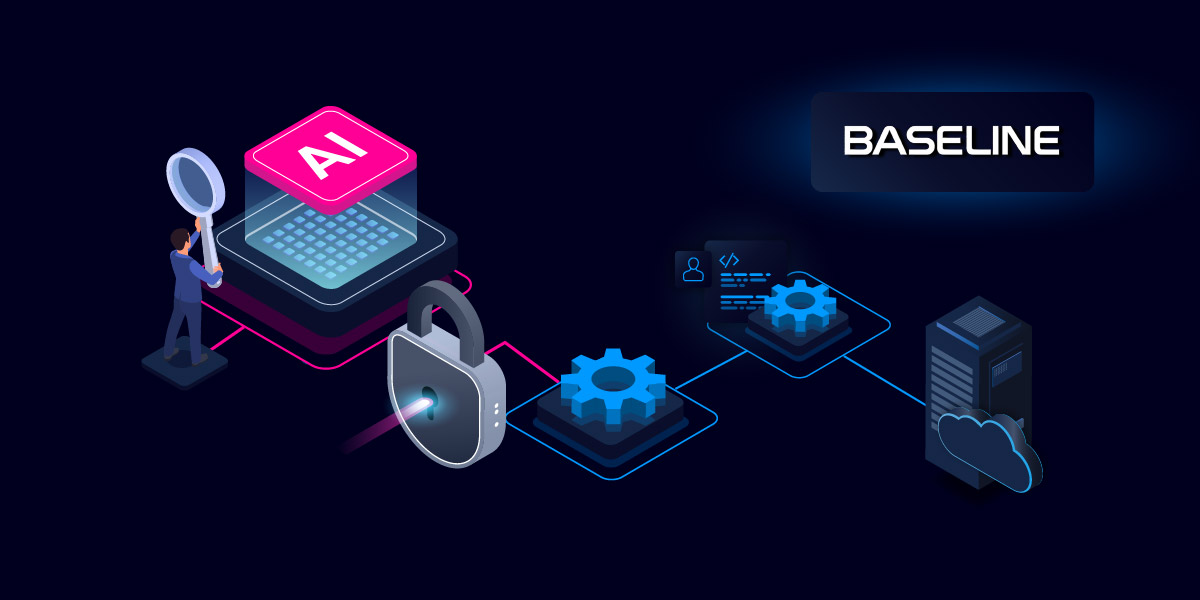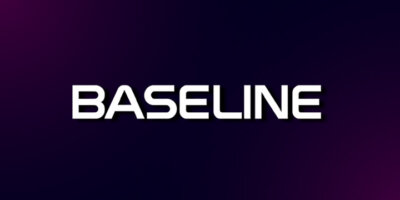Share this

Table of Contents
A few weeks ago, while in London, I sat down with Ian Smith on the BASELINE Podcast for a candid conversation about AI, automation, and the future of network operations. In Part 1, we explored how automation can unlock human potential – the first step in transforming how enterprises think about efficiency and scale. (🎧 Listen to Part 1)
For years, we’ve talked about automation as the answer to complexity. Every enterprise I’ve worked with – whether in banking, telecom, or utilities – has chased the same goal: reduce manual effort, improve consistency, and respond faster. And while automation has delivered measurable gains, it’s also created a new challenge.
Today’s networks are too vast, too dynamic, and too interdependent for humans to manage alone. The next frontier isn’t more automation, it’s autonomy – systems that understand, optimize, and act in real time, safely and intelligently. That’s where our Part 2 conversation begins: how to build trust in an age of intelligent networks.
The Shift from Human-Led to AI-Assisted Operations
The number one reason IT environments break is simple: somebody changed something. Humans make a configuration change, forget to document it, and suddenly the entire chain reacts. Traditional automation can fix pieces of this, but only autonomy can see the full picture.
Through advances like MCP (Model Context Protocol) and Agentic AI, systems can now understand the state of an environment, reason across multiple sources, and act on that insight. Imagine asking your network, in plain English, “What changed in the last 12 hours?” and instantly seeing an answer – not from a human report, but from the infrastructure itself.
That’s where the industry is heading. Networks that interpret, decide, and self-correct.
Trust Is the Real Innovation
Autonomy introduces a psychological leap. Turning over parts of the network to an AI system is a hard decision, especially when the business depends on its stability. That’s why trust is the cornerstone of this evolution.
At Itential, we build that trust through human-in-the-loop orchestration – letting people define checkpoints where the system asks for validation before taking action. We also let teams simulate outcomes before execution, giving them confidence that what happens in automation won’t cause risk in production.
This balance of automation speed and human oversight is critical. It’s how enterprises safely move from “assistive AI” to “trusted autonomy.”
Proof Points Over Promises
Every technology shift needs evidence, not theory. And that’s what we’re seeing across our customer base today.
One large service provider is saving more than 700,000 man-hours per year through AI-driven orchestration. Major banks are maintaining compliance continuously, not through periodic audits. Utility companies are using intelligent workflows to isolate fiber breaks within minutes instead of days.
These are not experiments – they’re operating systems for the modern enterprise. Every successful use case builds confidence and accelerates adoption.
The Future Is Context-Aware & Self-Optimizing
True autonomy comes when systems understand the full context of the environment – not just device states, but relationships, performance, and compliance posture.
That’s what MCP brings to life. It acts as the connective tissue for AI across the network, enabling the orchestration engine to make decisions that are both intelligent and explainable. Itential’s platform already uses this capability to optimize networks for latency, predict failure patterns, and trigger corrective actions automatically.
The vision is simple: networks that never drift, never sleep, and always stay compliant.
Human + Machine = Operational Utopia
AI doesn’t replace humans. It amplifies them. It removes the repetitive, error-prone work that holds teams back and gives them time to focus on strategy, security, and innovation.
Autonomy, done right, is the partnership between human judgment and machine precision. And as the systems we build continue to learn, adapt, and act responsibly, we’ll look back and wonder how we ever managed networks any other way.
The future of network operations will be defined not just by intelligence, but by trust. The organizations that embrace autonomy with guardrails – that blend speed with safety – will lead the next era of digital infrastructure.
Listen to the conversation:
🎧 Part 1: AI, Automation & Unlocking Human Potential →
🎧 Part 2: Building Trust in the Age of Intelligent Networks →
Let’s keep the conversation going – connect with me on LinkedIn to share your perspective on autonomy, AI, and the future of network operations.



